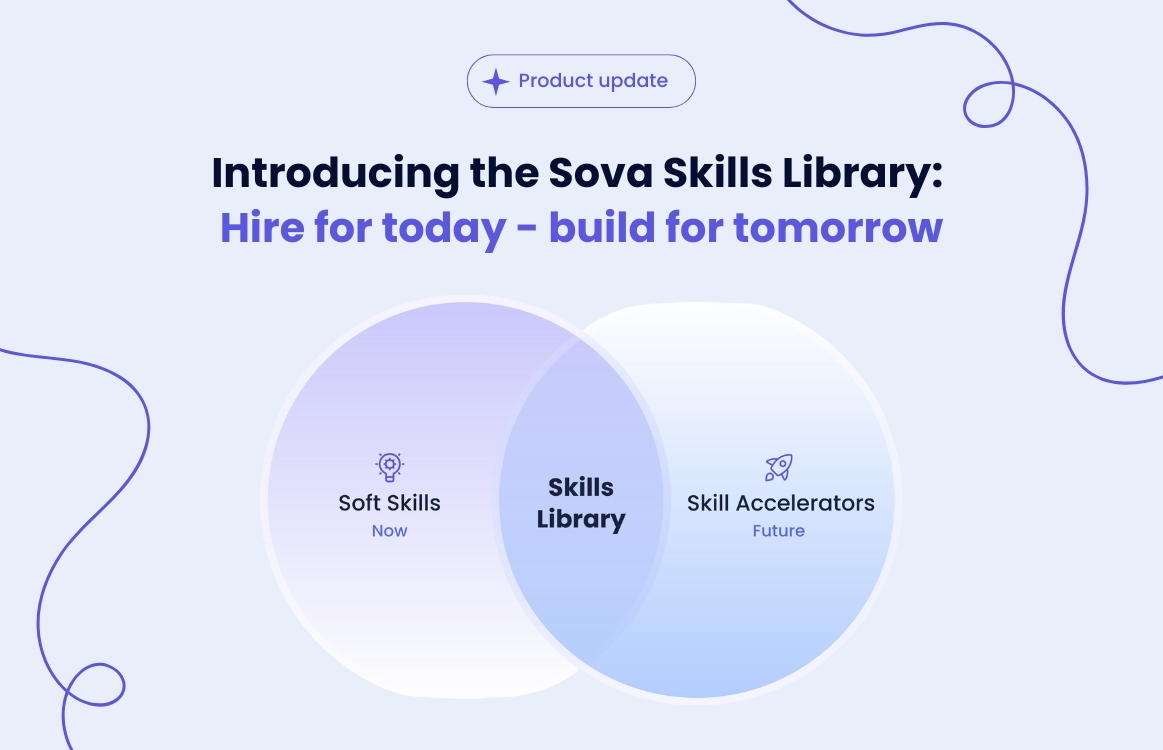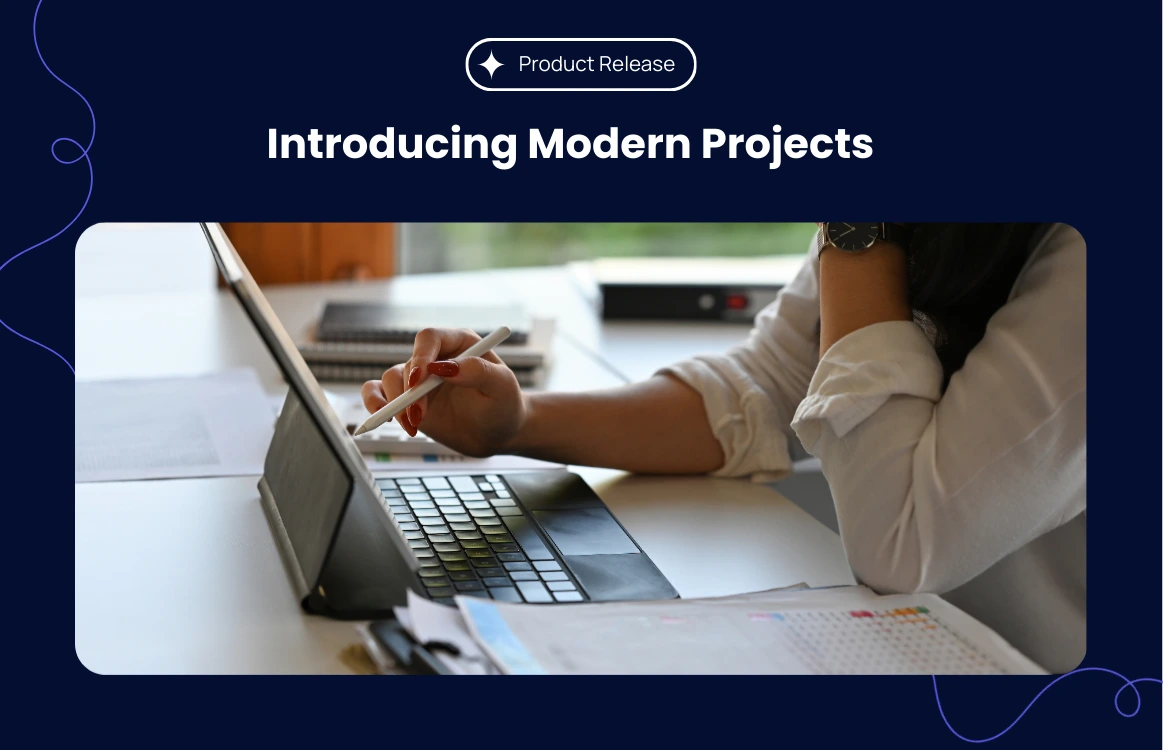In today's competitive job market, organisations are increasingly recognising the importance of candidate experience. A positive candidate experience can enhance a company's brand and is vital in being able to attract and retain top talent.
At its core, a positive candidate experience has always been fundamental to best practice in recruitment. We may be talking about it more explicitly today, but the principles that underpin a positive candidate experience—fairness, transparency, and respect—have long been essential components of recruitment.
The difference now is that we are giving these elements the attention and recognition they deserve and putting the candidate at the heart of the assessment design process. Contrary to what some may believe, a well-crafted candidate experience does not have to be at the expense of robust assessment processes. In fact, when done correctly, it can even enhance the effectiveness of the process.
How?
The tension between maintaining scientific rigour and focusing on the candidate experience is something assessment designers constantly navigate. Candidate experience should be at the forefront of the design process, but to do so at the detriment of reliability and validity would render the exercise futile.
An assessment that offers candidates a highly engaging process is only useful if it provides reliable results and offers a valid outcome. However, it is essential to note that a well-designed candidate experience doesn't have to compromise scientific rigour.
A well-designed candidate experience doesn't have to compromise scientific rigour.
The science behind assessment focuses on three critical elements: reliability, validity and fairness. Simply put, assessments must be consistent, measure what they claim to measure, and be equitable for all candidates. Whilst it can be challenging to balance this with candidate experience, it is certainly not impossible.
Effective recruitment
Effective recruitment processes can strike a balance by using validated and reliable assessment methods that also engage candidates. Ultimately, the goal is to ensure that while candidates have a positive experience, the assessments remain robust enough to provide meaningful data about their potential job performance. This balance is crucial for making informed hiring decisions that are both equitable and scientifically sound.
Incorporating a strong candidate experience into this scientific framework does not undermine these principles; rather, it reinforces them by creating an environment where candidates can perform at their best, leading to more accurate and equitable outcomes.
For example, candidate anxiety is one factor that can be detrimental to candidates being able to perform at their best. Therefore, ensuring candidates have clear information about the entire process can act as a means of alleviating their anxiety, in turn improving their performance (something psychologists have been advising hiring managers to do for a long time).
The goal is to ensure that while candidates have a positive experience, the assessments remain robust enough to provide meaningful data about their potential job performance
One element of positive candidate experience is considering what types of assessments to use. Using targeted, engaging, interactive approaches can be both scientifically rigorous and user-friendly. Further, by incorporating methods such as one-way video interviews, candidates can choose where and when they complete the questions whilst retaining the rigour of standardised interview questions.
Finally, companies must remember that the candidate experience does not end with the assessment. The way in which results are communicated, regardless of the outcome, is crucial.
A well-handled rejection can leave a candidate with a positive impression of the company, which is essential in an age where employer branding is more visible than ever. Using scientifically validated assessments, you can be assured that the information the candidate receives will be a true reflection of them and their abilities.
Conclusion
To conclude, prioritising candidate experience does not have to come at the cost of effective and fair candidate assessment. When implemented successfully, it can enhance the overall hiring process, leading to better outcomes for both the candidate and the organisation.
The key is to ensure that the focus on experience is integrated with, rather than separate from, the science of assessment - principles like reliability, validity, and DEI will continue to be at the heart of great recruitment.













.webp)
.webp)
.webp)



.webp)

